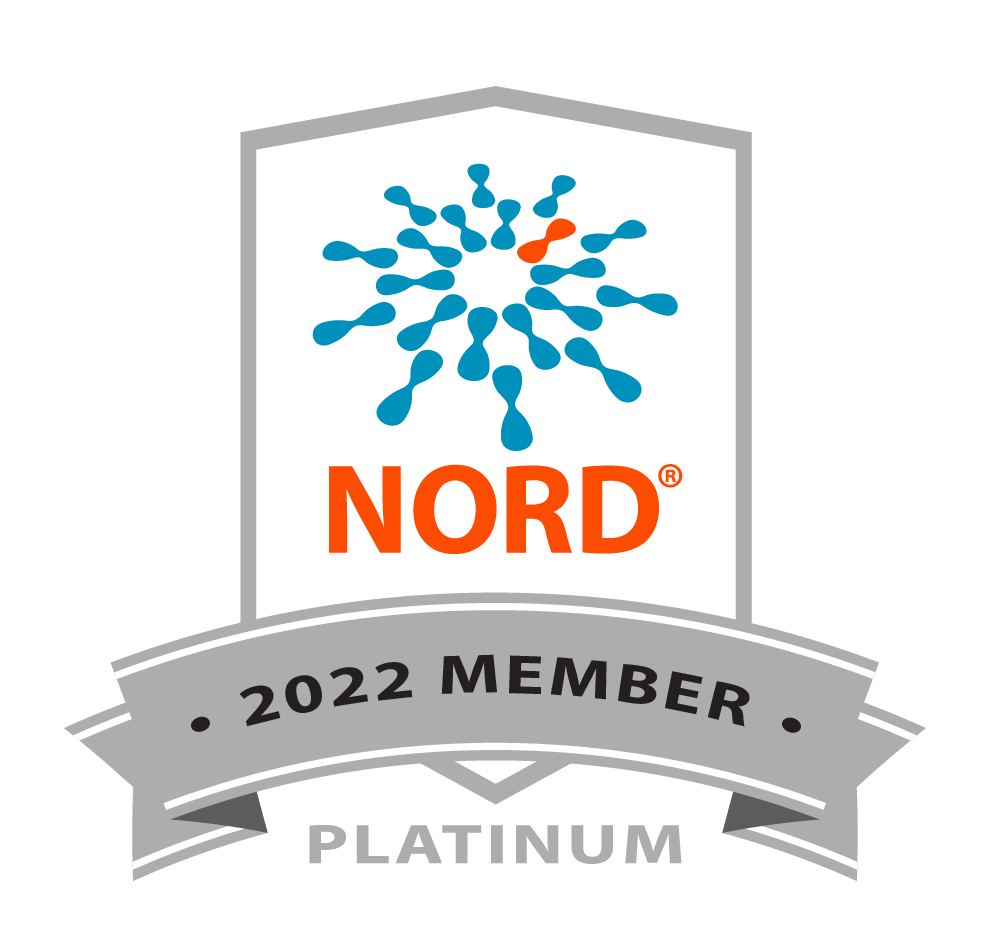Rare diseases pose particular challenges to patients who are affected, to the clinicians who care for them, and to the investigators who study their conditions. Although individually uncommon, rare diseases are common in the aggregate, with approximately 7,000 described rare diseases affecting 25 to 30 million US adults. Challenges posed to affected individuals and their families largely regard being diagnosed, receiving optimal care, and affording disease-specific medications. Challenges facing clinicians who care for affected individuals include gaining knowledge and experience in caring for such patients, and the availability of local experts and of expert guidelines.
Finally, challenges to investigators regard the difficulty and expense of assembling large cohorts of affected individuals for study and garnering funding for research. Fortunately, in the face of these challenges, the steadfast resolve of patient and clinical/scientific communities to enhance care and generate new knowledge has fostered a large inventory of countermeasures to offset these challenges.
Although further progress is surely needed, successes to date include the formation of powerful patient advocacy groups which have brokered collaborations between the patient, scientific communities, the government, and pharma/device communities in service of detection, optimal care, and research; procurement of funds to support research; formation of consortia of clinicians and scientists to collaborate; and general activation of the respective patient communities to perpetuate these successes. Persisting needs include enhanced detection strategies, dissemination of knowledge regarding optimal care, and research to prevent, treat, and cure disease.











